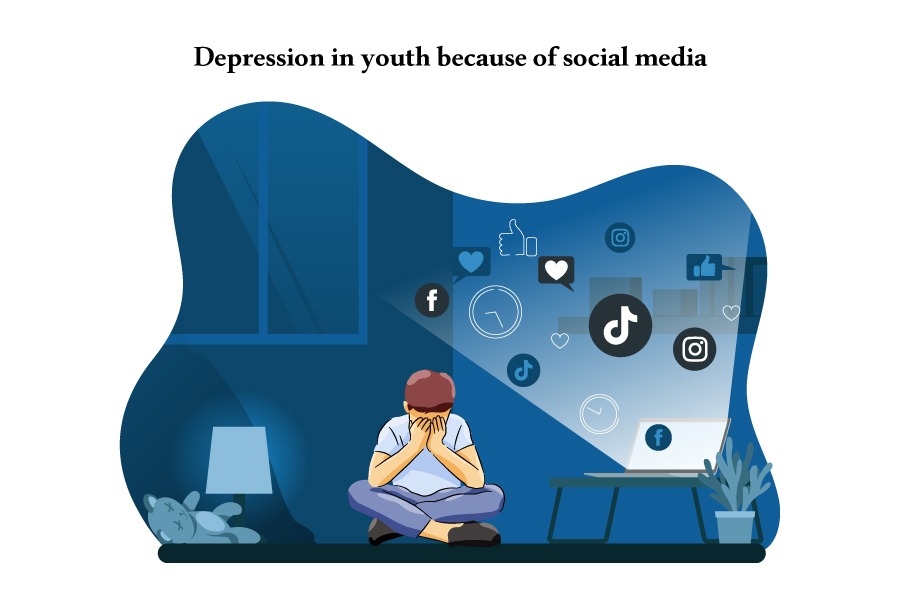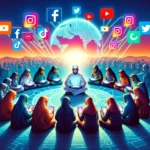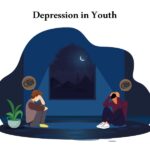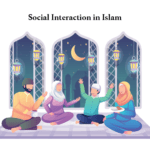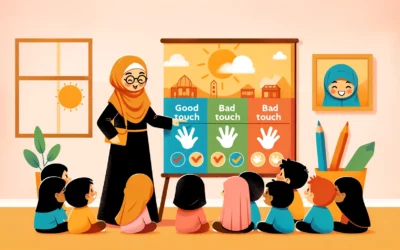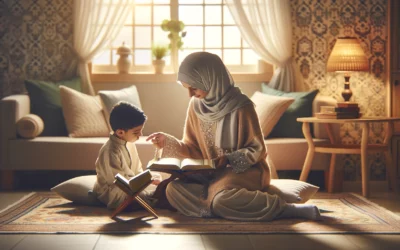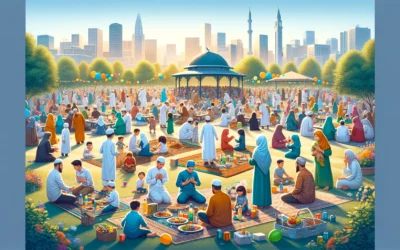Imagine a world where we’re all connected through our screens. We can share moments, pictures, thoughts, and laughs without leaving our homes. Sounds great, right? Well, it is… and it isn’t. Social media, like Instagram, Facebook, Twitter, and TikTok, has given us a new way to connect. Still, it’s also raising some big concerns about how it’s impacting young people’s happiness. This social media craze is causing depression in youth. Let’s look at this complicated relationship and explore the reasons for depression because of social media.
5 Big Tolls of Social Media
The Love-Hate Connection
At first glance, social media seems like a wonderful tool. It helps us stay in touch with friends, make new ones, and keep up with the latest trends. But here’s the twist: spending so much time online can make us feel more alone and disconnected in real life. It’s like we’re surrounded by friends in the digital world, but deep down, we’re missing out on the genuine connections we all crave.
Comparing and Feeling Down
You know how it goes. You scroll through your feed, and all you see are people living their best lives. Fancy vacations, perfect bodies, glamorous parties – it’s all there. And while it’s awesome to celebrate our friends’ successes, it’s easy to start comparing ourselves to these seemingly flawless lives. We might start feeling like we’re not good enough or missing out on something important.
This kind of comparison can hurt our self-esteem and be a main reason for depression because of social media. These comparisons might be one of the primary reasons some people experience negative emotions related to their social media use. It serves as a reminder of the potential downsides of these platforms, including their effects on mental health and self-perception.
When Kindness Takes a Hit
You’d think the online world would be a friendly place, but sadly, that’s not always the case. Cyberbullying and mean comments have become a sad reality. Behind the safety of screens, people sometimes forget that their words can hurt real feelings. Being on the receiving end of hurtful comments can really mess with your head, making you feel embarrassed, ashamed, and worthless. It’s tough to be your happy self when you’re dealing with negativity from every corner and fighting this depression because of social media.
The Fear of Missing Out
FOMO – Fear of Missing Out – has become a big deal. Every time we see our friends posting about cool parties, exciting trips, or awesome hangouts, we can’t help but feel like we’re missing out on all the fun. It’s like constant pressure to be everywhere, do everything, and never be left out. But chasing this kind of lifestyle can lead to a whole lot of stress and anxiety.
The pressure to keep up with this digitally portrayed lifestyle can be overwhelming. It feels like an obligation to attend every party, embark on every adventure, and seize every opportunity to avoid missing out. This relentless pursuit of an idealized life can be mentally and emotionally exhausting. It often results in a perpetual state of restlessness and depression because of social media, as individuals fear that they do not measure up to the exciting lives they see online.
Hooked on Screens, Missing on Sleep
Raise your hand if you’ve ever lost track of time while scrolling through your social media feeds. It’s so easy to get sucked in! But the more time we spend online, the less time we have for other important things, like sleep. Staying up late staring at screens can mess up our sleep patterns and make us tired and groggy. Sleep is essential for our physical and mental well-being.
Our bodies and minds suffer when we don’t get enough of it. The consequences of sleep deprivation can leave us feeling tired. This fatigue can extend beyond physical tiredness and affect our emotional state. When we’re sleep-deprived, it’s much easier to experience sadness and stress. And when we’re tired, it’s way easier to feel down and stressed and take that depression because of social media. Let’s now further take a ding in Social Media Depression Causes and Prevention Tips.
How to prevent depression because of Social Media
Now, let’s be clear – social media isn’t all bad. It can be an awesome way to connect, share, and learn. The key is to find a healthy balance and not succumb to depression because of social media. Here’s how you can do it:
Take Breaks:
Give yourself some time away from your screens. Spend time outdoors, read a book, or hang out with friends in person. You’ll feel more refreshed and connected to the real world.
Be You:
Remember, you’re amazing just the way you are. Don’t let likes and comments define your worth. Embrace your unique self, both online and offline.
Stand Up to Bullies:
If you see someone being mean online, don’t stay silent. Speak up for them and report bullying. Kindness can create a positive online community.
Set Limits:
Decide how much time you want to spend online daily and stick to it. It’s a great way to make sure you’re getting all the real-life experiences.
Enjoy the Present:
Instead of worrying about what you’re missing, focus on the awesome things happening right in front of you. Be present in the moment and appreciate the good things around you.
Try to Strengthen your Connection with Quran:
Don’t forget that having a strong connection with Allah and the Quran can help you battle feelings of depression and anxiety. When you believe in Allah, you know that He is always there to support you and this will help you in Overcoming Depression Linked to Social Media Use.
Consider learning and understanding the Quran better. You can take online Quran classes, and interestingly, you can use social media for this purpose too. This way, you not only find peace for yourself but also become a way to share knowledge about Islam with others, InshaAllah!
Social media is like a double-edged sword – it brings us closer while pushing us apart. But we have the power to make it work for us. By being mindful of how we use it and taking breaks when we need them, we can keep the good parts and ditch the negative impact. Remember, happiness isn’t found in the number of likes or followers – it’s in the real connections, the genuine moments, and the little joys of everyday life. Share this article with someone who needs help fighting against depression because of social media.
Frequently Asked Questions about Depression and Anxiety Due to Social Media
Q: Can social media use lead to depression and anxiety?
A: Yes, excessive and unhealthy use of social media has been linked to increased rates of depression and anxiety. Constant comparison, cyberbullying, and the pressure to present a perfect life can contribute to these mental health issues.
Q: Are there specific types of social media content more likely to lead to depression and anxiety?
A: Content that promotes unrealistic beauty standards, cyberbullying, or excessive negativity can have a more negative impact. It’s essential to curate your online experience.
Q: What are some signs that social media is affecting my mental health negatively?
A: Signs include constantly comparing yourself to others, feeling anxious or inadequate after using social media, excessive online time, and neglecting offline activities and relationships.
Q: How can I support a friend struggling with depression or anxiety related to social media?
A: Encourage open conversations, offer empathy, and suggest seeking professional help if their mental health is severely affected. Remind them they’re not alone and that seeking help is a sign of strength.
Q: How can I strike a healthy balance between staying connected online and protecting my mental health?
A: Set clear boundaries for social media usage, prioritize face-to-face interactions, engage in hobbies offline, and remind yourself that your self-worth isn’t determined by likes or online validation.



